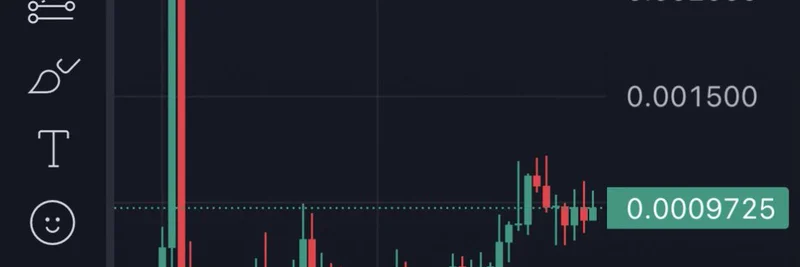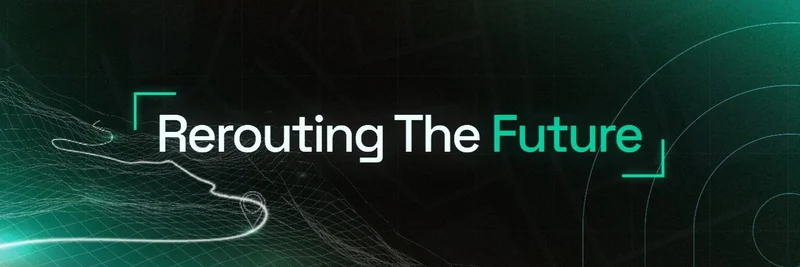In the fast-paced world of crypto, bold statements can ignite fierce discussions. Recently, a tweet from @valueandtime stirred up the community with a simple yet provocative claim: "Prediction markets will replace memecoins." Posted on September 24, 2025, this tweet quickly garnered likes, replies, and a mix of agreements and pushbacks, highlighting the ongoing tension between utility-driven crypto tools and the wild, fun side of meme tokens.
For those new to the scene, memecoins are cryptocurrencies inspired by internet memes, like Dogecoin or Shiba Inu, often driven by hype, community, and sheer speculation rather than underlying tech. Prediction markets, on the other hand, are platforms where users bet on real-world outcomes—think election results or sports scores—using blockchain for transparency and decentralization. Popular ones like Polymarket on Solana allow "degen" traders (that's crypto slang for high-risk gamblers) to wager on just about anything.
The tweet's author, known for shitposting with a side of insight, might be onto something. Prediction markets offer a layer of utility that memecoins sometimes lack, turning speculation into informed betting. But will they really dethrone memecoins? Let's break down the reactions and dig deeper.
Community Reactions: Memes and Skepticism
The replies poured in fast, blending humor, doubt, and defense of memecoins. One user, @mikasasolslayer, fired back with "Would you bid this? 🤓" alongside a chart showing wild price swings—classic crypto volatility that could apply to either memecoins or prediction bets.
Others weren't buying it. @qquackydd questioned, "how? prediction markets is unironically just gambling no?" Pointing out that both spaces thrive on risk, but memecoins add that viral, cultural flair. Then there's @Prophet_fun, a prediction market promoter, affirming "No matter you see it or not, prediction markets are the future," while plugging their Solana-based platform.
Skeptics like @CryptoRyder_ and @OGcowboyhat kept it blunt with "stfu," showing the loyalty memecoin holders have. @G00Dw1ll responded with a puzzled "?" and a screenshot of the tweet in context, perhaps highlighting how out-of-left-field the prediction seemed.
Meme responses stole the show, though. @razor_1314 declared "Not on my watch" with an edited image of Homelander from The Boys looking comically shocked—capturing the defensiveness of memecoin enthusiasts.
And @bossengrweb3 dropped a classic Pepe the Frog peeking from a hole, symbolizing the underground resilience of memecoins.
Even @kame_crypto chimed in: "Them shits got nothing against a doge etf," reminding everyone that memecoins like Dogecoin are eyeing mainstream adoption, potentially through ETFs.
Why the Debate Matters for Blockchain Practitioners
This isn't just Twitter banter; it reflects broader crypto trends. Prediction markets are booming, especially on chains like Solana, where low fees enable quick bets. They've proven useful during events like U.S. elections, drawing in serious money. But memecoins? They're the gateway for many into blockchain—fun, accessible, and capable of massive gains (or losses).
Could prediction markets replace them? Probably not entirely. Memecoins tap into culture and virality in ways structured betting can't. Imagine betting on whether a memecoin will moon—that's where the lines blur. Platforms like Prophet.fun are already merging the two, creating "degen markets" on hot topics.
For blockchain pros, this debate underscores diversification. Memecoins build communities; prediction markets add data-driven insights. Together, they could evolve into hybrid tools, like tokenized bets on meme trends.
As the crypto space matures, keep an eye on Solana-based innovations. Whether you're a memecoin maximalist or a prediction pro, one thing's clear: the fun (and the gains) aren't going anywhere soon. What do you think—will prediction markets eclipse memecoins, or will the memes prevail?


